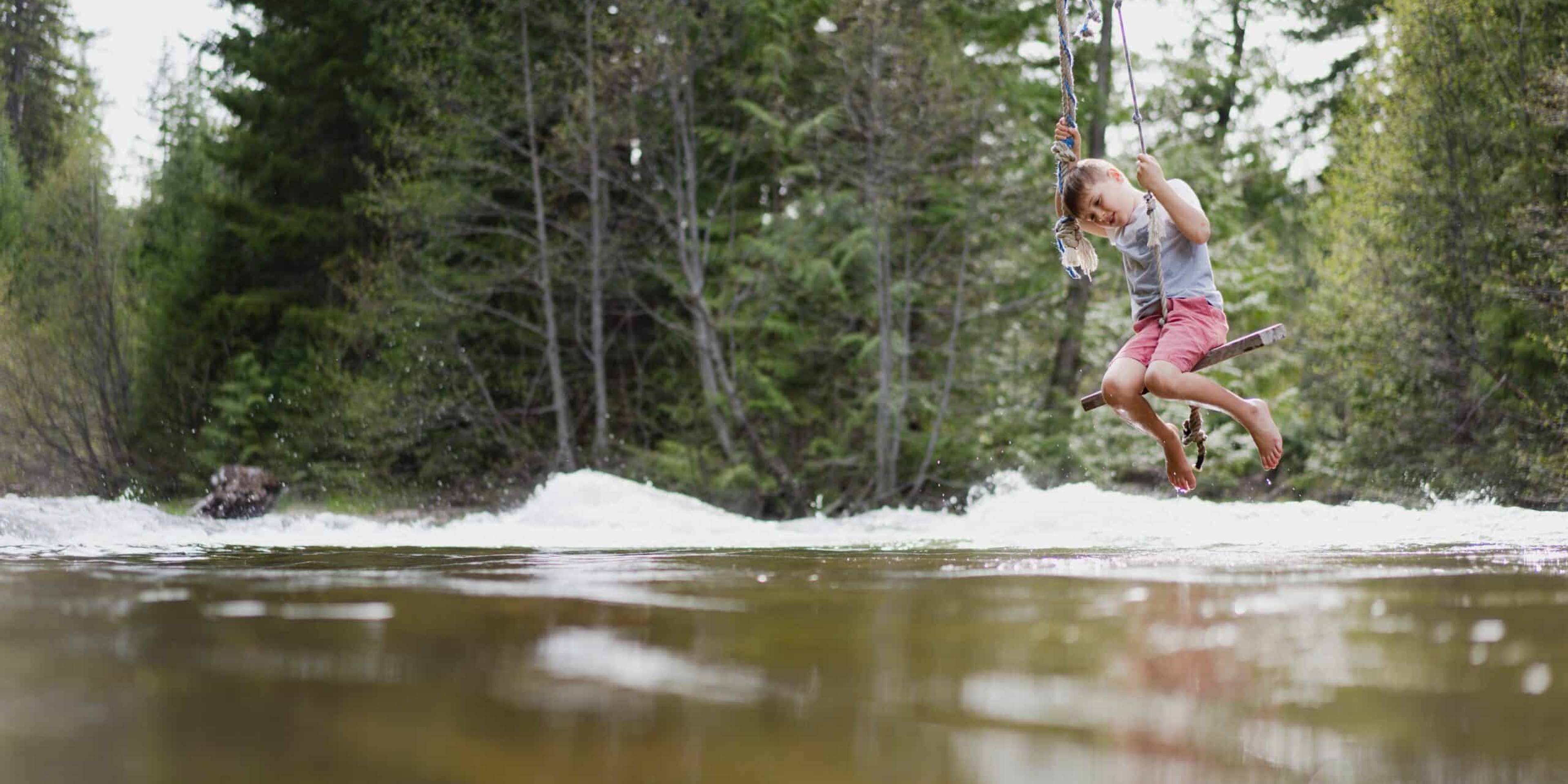May 13, 2020
Celebrate Play
By Dr Kathy Weston

Reflect
Last weekend, when the weather teased us into the outdoors (albeit for an hour), I took my boys to the common outside our house, where they ran to climb the nearest large tree. At that point, they spotted a school friend in the distance and, without thinking, invited him to join them.
This was followed by a sharp realisation that this wasn’t “allowed,” and an apologetic retraction of the invitation. Their compulsion to connect with their friend was hard to overcome, as was the social awkwardness of explaining (at a distance) why he couldn’t now be included in their game. It was sad to watch and made me reflect on how critically important play is to children’s wellbeing and development, and how six weeks without peer play may be taking a toll.
The latter was confirmed by a new campaign, #playfirst, which was launched last week by the UK’s top mental health researchers. They are urging the government to prioritise play when considering the next steps around easing lockdown.
Researchers underlined the fact that two-thirds of primary school children are currently feeling lonely; an increase of approximately 50% compared to normal levels. They argue that it’s the duration rather than the intensity of the loneliness that may adversely affect children’s mental health long-term. They want the government to consider the importance of allowing children to play, even in small groups, as soon as possible.
Motivate
We may be more accustomed to thinking about loneliness in the older members of our society, than in children.
Loneliness can affect children in multiple ways. They may become cross, irritable, quiet, sad, anxious or withdrawn. Loneliness threatens their sense of self, which relies very heavily, at that tender age, on social feedback from others. Parents need to be as proactive as possible to minimise feelings of loneliness. How might this work in practical terms?
Yesterday, I allowed my son to play with his remote-control car with the only child living next door. Our neighbour’s child stayed at the bottom of the long driveway whilst mine stayed at the top. I sat on a chair like a referee, making sure they didn’t meet in the middle. Later in the afternoon, I found two copies of a Top Trumps game that we happened to have at home, posted one through the neighbour’s letterbox and then initiated a game between my youngest and the boy next door via Zoom.
We have sent postcards to favourite friends too, and are looking forward to receiving some in return. With teens, as counterintuitive as it might feel, we need to nudge them into socialising online. Their mental health is heavily dependent on peer interaction, inclusion and feedback. So, at present, don’t get too het up about screentime.
Support
If you want every life lesson packed into one handy family activity for the weekend ahead, choose cycling.
The quality of your family communication channels and trust in each other’s hand signals suddenly become paramount! Expect scrapes, squabbles and the odd shrieks when your youngest free wheels down a giant hill at high speed. There is a joy in the autonomy afforded by cycling and in the sensory journey that it gives children access to.
Bike rides are good for parents too. We are forced to watch helplessly as our offspring take small risks, make decisions in a split second and learn to trust their judgement. We may know in advance what might go wrong, but we are right to let them try.
Lockdown is affording us an opportunity to allow risk-taking to take place within the safety net of family life, under our watch, and that’s priceless.
Are you a Tooled Up member?
If you are a registered member of the Tooled Up community, click here to explore our library of resources.